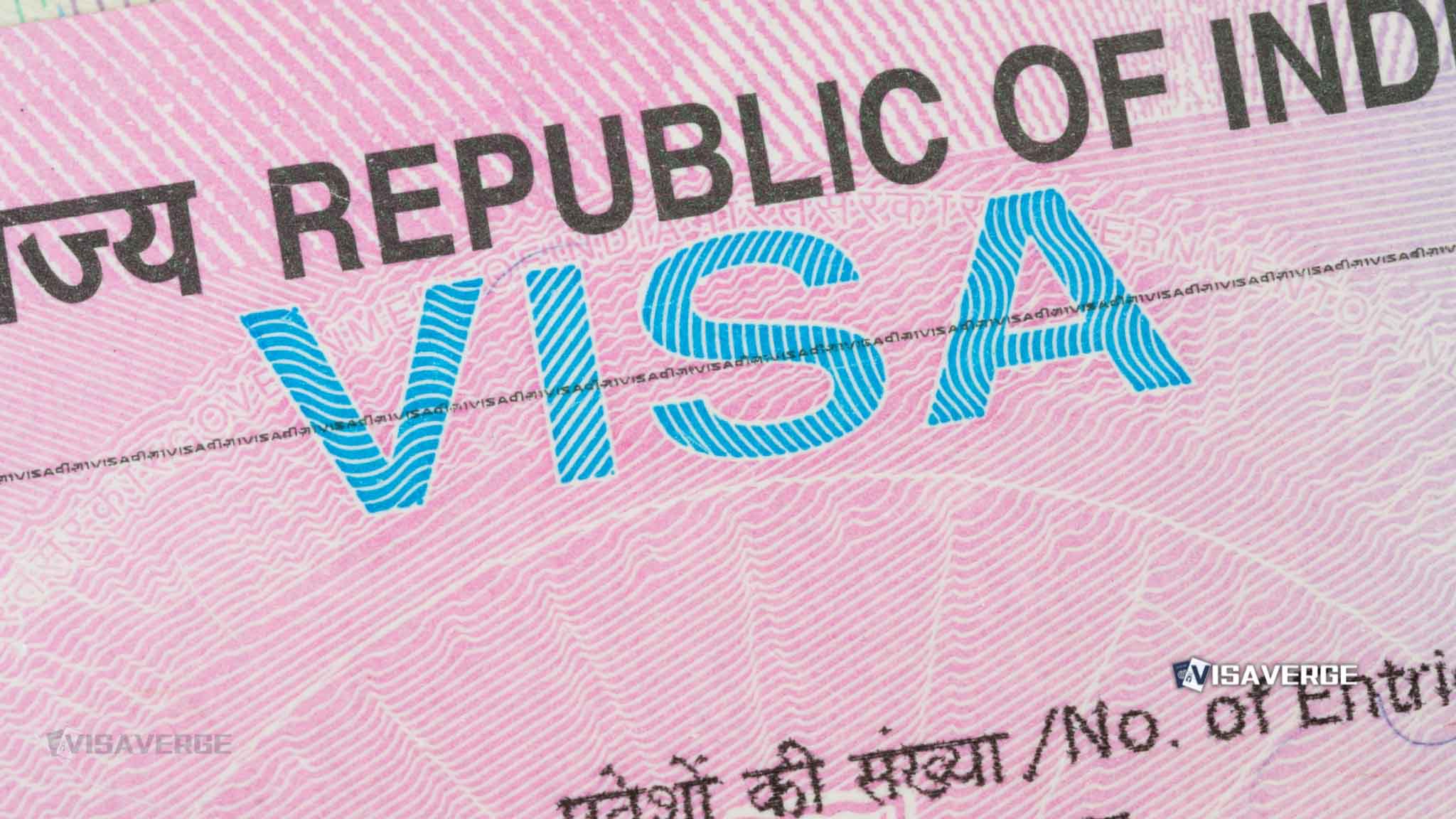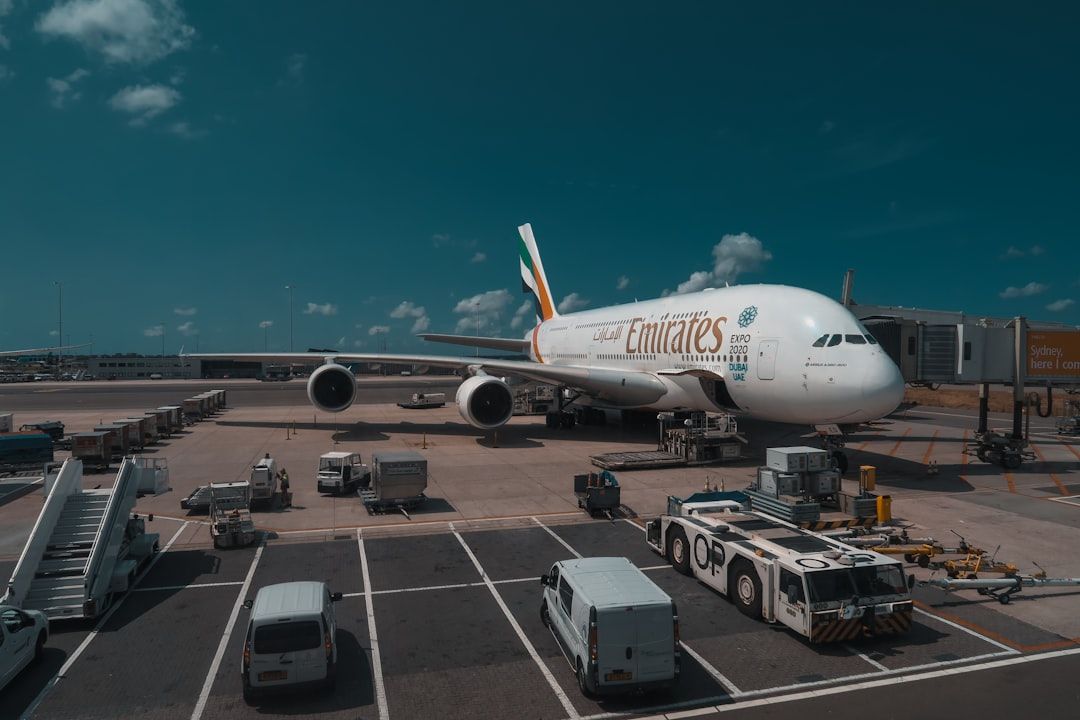Key Takeaways
• Study permits for Indian nationals require CAD 20,000 proof of funds and take about 8 weeks to process.
• Work permits require a job offer, take 16-18 weeks, and involve LMIA for employer-specific applications.
• Student Direct Stream closed in 2024; study permit caps reduced permits from 436,000 to 231,000 in 2024.
For many Indian nationals considering a move to Canada 🇨🇦, two of the most common immigration pathways are the study permit and the work permit. Each route offers unique opportunities, requirements, and timelines. Choosing the right option depends on your personal goals, career plans, and readiness to meet the latest Canadian immigration rules. This detailed comparison will help you understand the differences, weigh the pros and cons, and make an informed decision about which Canada visa is best for your situation.
Overview: Study Permit vs. Work Permit for Indian Applicants

Both the study permit and the work permit allow Indian nationals to live in Canada 🇨🇦 for a set period. However, they serve different purposes:
- Study Permit: Lets you study at a designated learning institution (DLI) in Canada 🇨🇦. It is not a visa itself, but you usually receive a visitor visa or electronic travel authorization (eTA) with it to enter the country.
- Work Permit: Allows you to work legally in Canada 🇨🇦, either for a specific employer (employer-specific permit) or for any employer (open work permit), depending on the type.
Understanding the requirements, timelines, and costs for each can help you choose the best path for your goals.
Side-by-Side Analysis: Requirements, Timelines, and Costs
1. Eligibility and Basic Requirements
Study Permit
- Acceptance Letter: You must have a letter of acceptance from a recognized Canadian school (DLI).
- Proof of Funds: As of 2025, you must show at least CAD 20,000 for living expenses (not including tuition), which is double the previous requirement. You also need to show you can pay your tuition fees.
- Ties to Home Country: You must show you will leave Canada 🇨🇦 after your studies end.
- No Criminal Record: Police certificates may be required.
- Medical Exam: Sometimes needed, depending on your country and length of stay.
- Application Form: IMM 1294 (Application for Study Permit Made Outside of Canada).
Work Permit
- Job Offer: Most work permits require a valid job offer from a Canadian employer. Some open work permits do not need a job offer.
- Labour Market Impact Assessment (LMIA): Many employer-specific permits require the employer to get an LMIA, showing no Canadian can fill the job.
- Proof of Qualifications: You may need to show your education, work experience, or professional licenses.
- Proof of Funds: You must show you can support yourself and any family members.
- No Criminal Record: Police certificates may be required.
- Medical Exam: Often needed for certain jobs or if staying more than six months.
- Application Form: IMM 1295 (Application for Work Permit Made Outside of Canada).
2. Processing Times
Study Permit
- Current Processing Time: About 8 weeks (2 months) for Indian applicants as of July 2025.
- Recent Changes: The fast-track Student Direct Stream (SDS), which processed permits in about 20 days, was closed in November 2024. Now, all Indian students must use the regular stream, which takes longer.
- Policy Impact: Canada 🇨🇦 introduced a cap in 2024, reducing the number of study permits from 436,000 in 2023 to 231,000 in 2024. This has made the process more competitive and increased scrutiny on applications.
- Advice: Apply 3-4 months before your program starts to avoid last-minute problems.
Work Permit
- Current Processing Time: About 16 to 18 weeks (4 to 4.5 months) for applications from outside Canada 🇨🇦, including India.
- Inside Canada Applications: Average about 128 days (4.2 months).
- Recent Updates: Processing times have slightly improved in 2025, but are still longer than for study permits.
- Biometrics: Usually processed within a week, but the rest of the process (eligibility review, background checks) takes longer.
- Future Outlook: Canada 🇨🇦 plans to use more technology to speed up processing, but for now, expect a wait of about 4 to 4.5 months.
3. Costs and Financial Requirements
Study Permit
- Application Fee: CAD 150.
- Biometrics Fee: CAD 85 (if required).
- Proof of Funds: At least CAD 20,000 for living expenses, plus tuition fees.
- Other Costs: Medical exam, police certificates, and translation of documents if needed.
Work Permit
- Application Fee: CAD 155.
- Biometrics Fee: CAD 85 (if required).
- LMIA Fee (if required): CAD 1,000 (usually paid by the employer).
- Proof of Funds: Amount varies, but you must show you can support yourself and any family members.
- Other Costs: Medical exam, police certificates, and translation of documents if needed.
4. Key Policy Changes and Their Impact
Study Permit
- SDS Closure: The end of the Student Direct Stream in November 2024 means no more fast-track processing for Indian students.
- Permit Cap: The cap on study permits has made it harder to get approval, especially for those who cannot show strong financial support or a clear study plan.
- Higher Financial Proof: The required proof of funds has doubled, making it more important to show you can afford to live and study in Canada 🇨🇦.
Work Permit
- Stable Processing Times: While slightly improved, work permit processing is still longer than for study permits due to extra checks.
- Technology Integration: Canada 🇨🇦 is working to speed up processing with new technology, but changes are gradual.
Pros and Cons for Different Situations
Study Permit
Pros:
– Pathway to Permanent Residency: Many students can apply for a Post-Graduation Work Permit (PGWP) after finishing their studies, which can lead to permanent residency.
– Work While Studying: Students can work up to 20 hours per week during school and full-time during breaks.
– Access to Canadian Education: Gain a Canadian degree or diploma, which is valued by employers.
– Cultural Experience: Live and study in a diverse, welcoming country.
Cons:
– Longer Processing Times: No more fast-track option for Indian students.
– Higher Financial Requirements: Need to show more money for living expenses.
– Permit Cap: Fewer study permits are available, making approval more competitive.
– Uncertainty: Policy changes can happen quickly, affecting your plans.
Work Permit
Pros:
– Direct Work Experience: Start working in Canada 🇨🇦 right away.
– Potential for Permanent Residency: Many work permits can lead to permanent residency through programs like Express Entry.
– Family Accompaniment: Some work permits allow you to bring your spouse and children.
– No Study Requirement: You do not need to enroll in a Canadian school.
Cons:
– Longer Processing Times: Takes about 4 to 4.5 months, which is longer than for study permits.
– Complex Requirements: May need a job offer and LMIA, which can be hard to get.
– Limited Job Flexibility: Employer-specific permits tie you to one employer.
– Uncertainty: Processing times and requirements can change.
Recommendations for Specific Circumstances
If You Are a Recent Graduate in India
- Study Permit: Best if you want to continue your education, improve your qualifications, and possibly stay in Canada 🇨🇦 after graduation. Be ready to show strong financial proof and a clear study plan.
- Work Permit: Only consider if you already have a job offer from a Canadian employer. The process is longer and more complex, but it allows you to start working right away.
If You Have Work Experience and a Job Offer
- Work Permit: This is the better option. You can move to Canada 🇨🇦 and start working, and may be able to apply for permanent residency later.
- Study Permit: Not necessary unless you want to change careers or study a new field.
If You Want the Fastest Route
- Neither option is “fast” right now. Study permits take about 8 weeks, and work permits take 16-18 weeks. The closure of SDS means there is no quick path for Indian students at this time.
If You Are Concerned About Finances
- Work Permit: May be better if you have a job offer, as you can earn money right away.
- Study Permit: Requires proof of higher funds, and you may not be able to work full-time until after graduation.
Decision-Making Framework
To help you decide between a study permit and a work permit, consider these questions:
- What is your main goal?
- If you want to study and possibly stay in Canada 🇨🇦 after graduation, choose a study permit.
- If you want to work right away and have a job offer, choose a work permit.
- Do you have enough funds?
- Study permits now require at least CAD 20,000 for living expenses, plus tuition.
- Work permits require proof you can support yourself, but the amount may be less.
- How soon do you need to move?
- Study permit: About 8 weeks.
- Work permit: About 16-18 weeks.
- Do you have a job offer?
- If yes, a work permit is possible.
- If no, a study permit may be your only option.
- Are you prepared for policy changes?
- Both routes can be affected by new rules, so stay updated.
Practical Guidance and Next Steps
- Apply Early: For both permits, start your application as soon as possible. For study permits, apply 3-4 months before your program starts.
- Prepare Documents: Make sure you have all required documents, including acceptance letters, job offers, proof of funds, police certificates, and medical exams.
- Check Official Processing Times: Use the IRCC Processing Times Tool for the most up-to-date information.
- Respond Quickly: If IRCC asks for more documents or information, reply as soon as possible to avoid delays.
- Monitor Policy Updates: Rules can change quickly. Check the official IRCC website often for news.
Summary Table: Key Differences for Indian Applicants (2025)
| Feature | Study Permit | Work Permit |
|---|---|---|
| Processing Time | 8 weeks (2 months) | 16-18 weeks (4-4.5 months) |
| Application Fee | CAD 150 | CAD 155 |
| Proof of Funds | CAD 20,000 + tuition | Varies (must support yourself) |
| Job Offer Needed | No | Usually yes |
| Path to PR | Yes (PGWP, Express Entry) | Yes (Express Entry, PNP) |
| Work While in Canada | Limited (20 hrs/week) | Full-time |
| Family Accompaniment | Possible | Possible (depends on permit) |
| Recent Policy Changes | SDS closed, cap in place | Processing times improving |
Final Thoughts
Choosing between a study permit and a work permit for Canada 🇨🇦 is a big decision that depends on your goals, finances, and readiness to meet current requirements. The closure of the SDS and the new cap on study permits have made the process more competitive for Indian students, while work permits still require a job offer and a longer wait. As reported by VisaVerge.com, the best approach is to plan early, prepare strong applications, and stay informed about policy changes.
For more details and to start your application, visit the official IRCC website. This will give you access to the latest forms, updates, and support for your Canada visa journey.
By understanding the differences and planning ahead, you can choose the path that best fits your dreams of studying or working in Canada 🇨🇦.
Learn Today
Study Permit → Authorization allowing foreign nationals to study at designated Canadian educational institutions.
Work Permit → Official permission to work legally in Canada for specific or open employers.
Labour Market Impact Assessment → Employer-required document proving no Canadian can fill the job offered to a foreign worker.
Student Direct Stream → Former fast-track processing program for Indian students, closed in November 2024.
Proof of Funds → Financial evidence applicants must show to prove they can support themselves in Canada.
This Article in a Nutshell
Choosing between a Canada study permit and work permit requires understanding new rules, costs, and processing times. Study permits now need CAD 20,000 in funds and take 8 weeks; work permits require job offers and take longer. Planning and early application are vital for success in 2025.
— By VisaVerge.com






